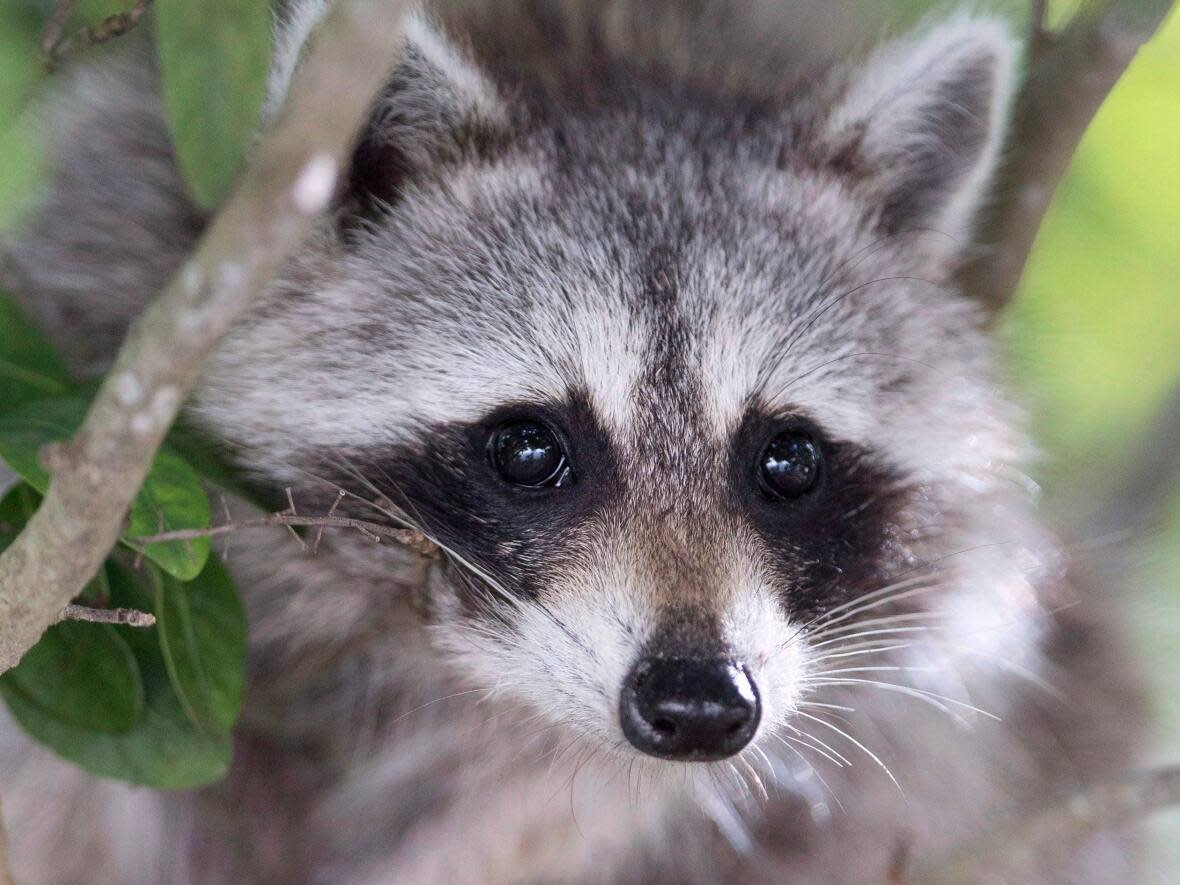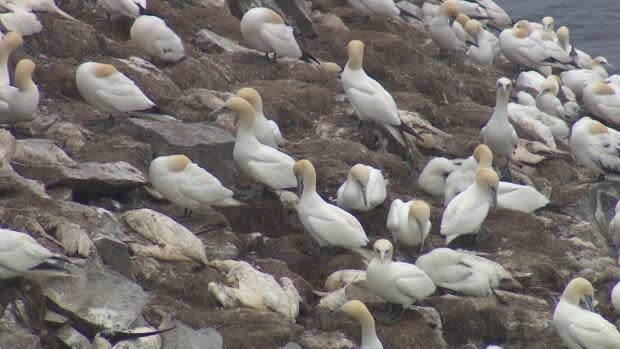New avian flu virus subtype found in P.E.I. birds and raccoons

A new subtype of the avian influenza virus has been detected in birds and raccoons on Prince Edward Island.
H5N5 is a subtype of the bird flu virus. It's closely related to the H5N1 virus that has caused mass death among seabird populations in Atlantic Canada in the past year or so.
On the Island, H5N5 cases have been discovered in Prince County. They include some birds around Summerside, but also some dead raccoons found on the North Shore.
This is the first time H5N5 has been found in mammals.
"It has been detected in some crows, in a red-tailed hawk in the winter ... And then recently, beginning of April, we received some raccoons which it was found in," said Megan Jones, director of the Canadian Wildlife Health Cooperative for the Atlantic region, and an assistant professor at the Atlantic Veterinary College.
"It's a new virus in name, but it's actually very closely related to H5N1 avian influenza virus, which has been circulating in our region for over a year now."
Jones said it was likely that one or more of the infected raccoons ate the carcass of a bird that had been infected with the virus.
Migration from Europe likely culprit
Jones said scientists at the National Centre for Foreign Animal Disease in Winnipeg determined the virus to be identical to one circulating in Europe recently.

"It's completely Eurasian," she said. "This virus is most closely related to one from Norway from 2022. So what we think is that birds migrating from Europe brought it over sometime in the fall to our region. We detected it in crows in January."
Jones said there have been a few cases of H5N5 in New Brunswick as well.
She said Islanders shouldn't handle any sick or dead bird or animal they might come across. Instead, they should contact provincial Fish and Wildlife officials at 902-368-4683 for help.
Meanwhile, avian influenza continues to circulate among seabird colonies in Atlantic Canada, with outbreaks showing no sign of stopping as the spring migration continues.
Experts say that movement will give the virus further chances for transmission. Jones said scientists hope the birds develop some sort of immunity, so mortality levels will be lower than last year.
"[H5N5] shouldn't behave very differently or any differently at all from the virus that's already here," Jones said. "It's an important virus overall, but H5N1 is too — and that virus hasn't gone away."


